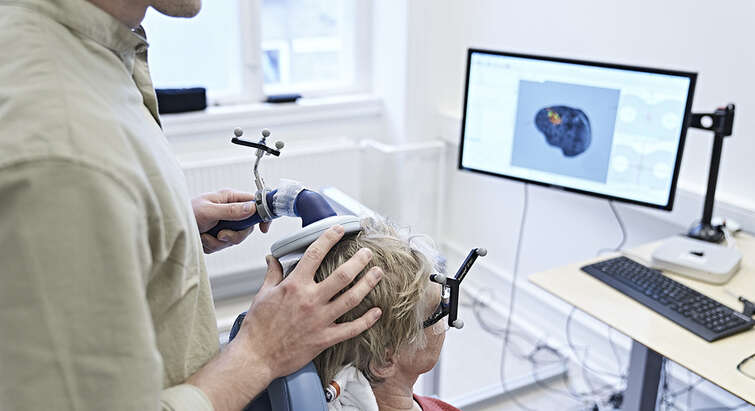
8 March, 8 women, 8 research results
We celebrate the past year’s publications, projects and research results from women researchers at the University of Copenhagen. Read along and meet eight of the University's researchers and their work. Happy Women’s Day to everyone!
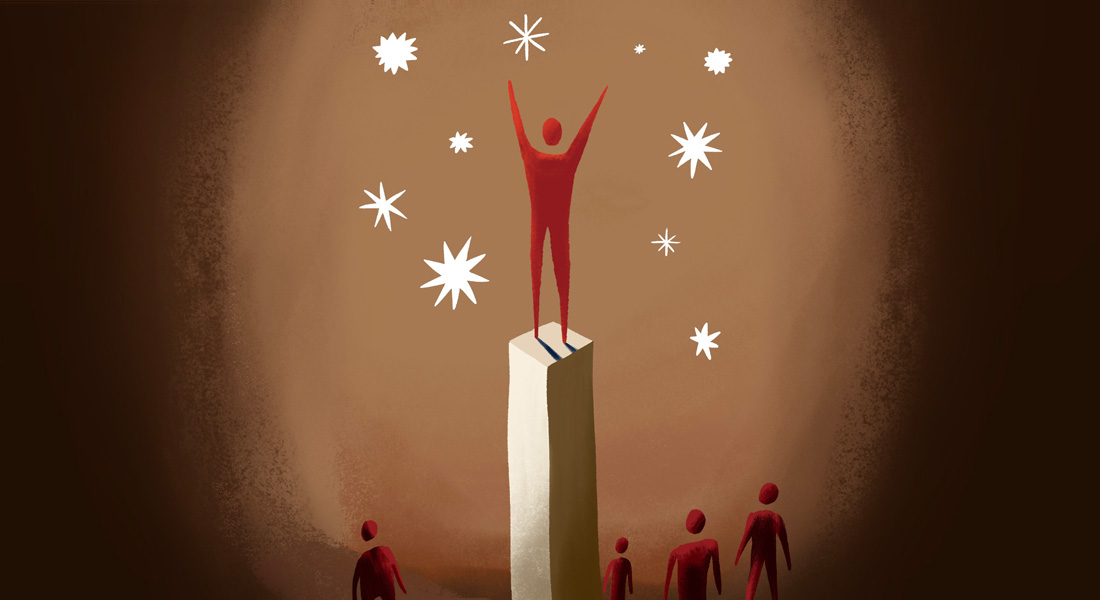
1 Celebrity culture is not new but has shaped society going back to antiquity
Celebrities are not only found in reality TV and tabloid media. Celebrities are interesting to study because they embody, as individuals, what we think is important in terms of culture and society. Celebrity culture has thus helped - and still helps to shape society going back as far as to Julius Caesar, over Greta Thunberg and to Søren Brostrøm, director general of the Danish Health Authority.
Helle Kannik Haastrup, film and media researcher at the Department of Nordic Studies and Linguistics, has written a book in which she analyses what defines celebrity culture.
Read the full story (in Danish only)
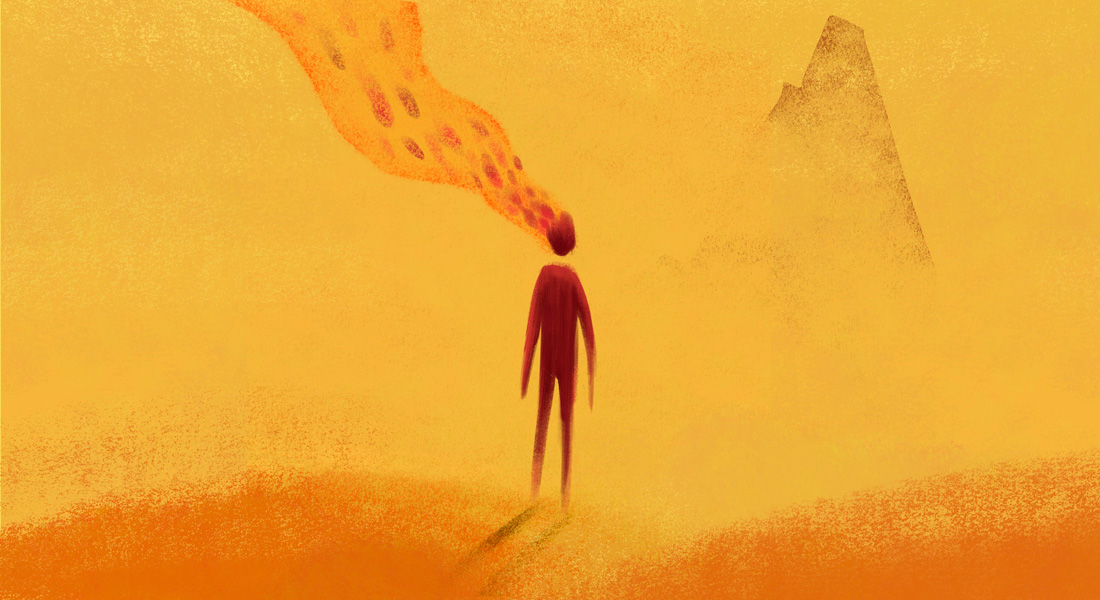
2 Hard physical work significantly increases the risk of dementia
The muscles and joints are not the only parts of the body to be worn down by hard physical work. The brain and the heart suffer too. A new study from the University of Copenhagen shows that people with physically demanding jobs have a 55 percent higher risk of dementia than those with sedentary jobs. The researchers believe that the health authorities should be more specific in their recommendations for physical activity.
Kirsten Nabe-Nielsen, associate professor at the Department of Public Health, has proved the correlation between hard physical work and dementia in her research.
Read the full story
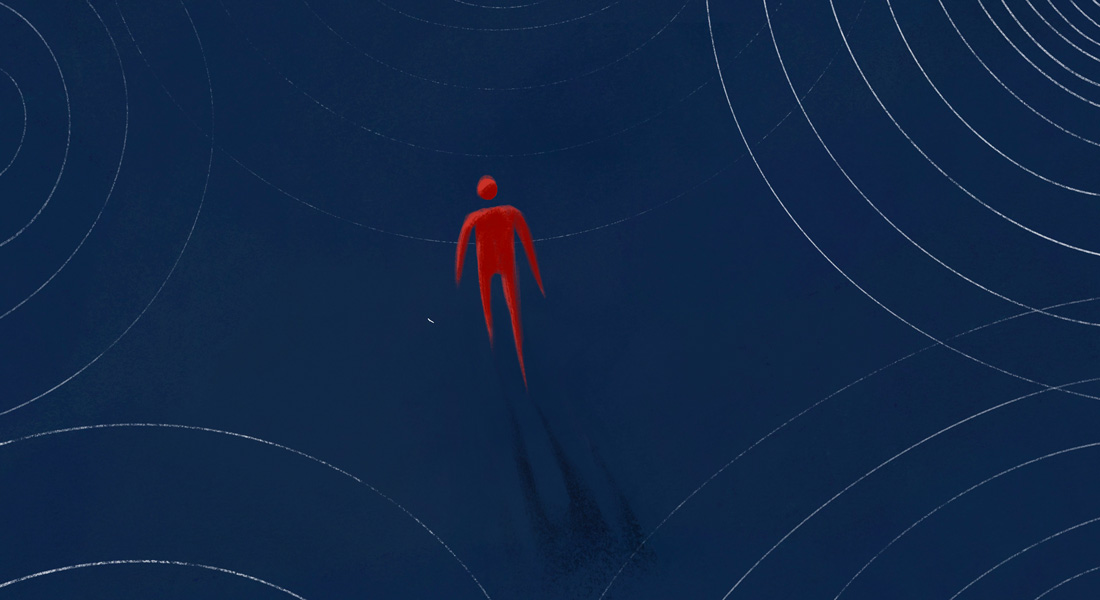
3 Researcher recreates 300-year-old sounds
What did everyday life sound like 300 years ago? And what did it sound like when the Swedes laid siege to Copenhagen in 1659? The sounds that a research project is going to study are, for example, sounds from people across social classes and genders and sounds from mechanical objects and tools such as musical instruments, clocks and weapons. The research will contribute to bringing alive the communication of our history.
Christine Jeanneret, associate professor at the Faculty of Theology’s Church History Section, leads the research project, which, in collaboration with Rosenborg Castle, will look investigate the sonic history of the court and reproduce the sounds of the past.
Read the full story (in Danish only)
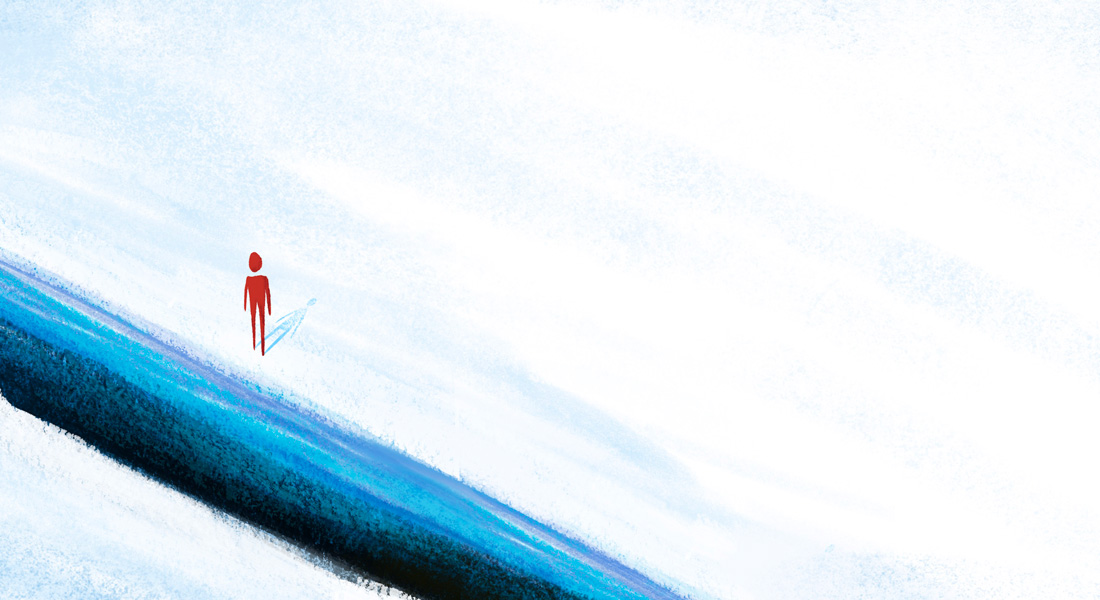
4 ‘Grand Canyon’ also exists in Greenland
Underneath the Greenland ice sheet is a network of 800 km long and 800 metre deep canyons. Climate fluctuations have formed enormous lakes of meltwater, causing occasional huge bursts of water, which, over time, carve these canyons. The canyons may have affected ocean currents, which may have resulted in sudden global climate change. Even today, the mega-canyons under northern Greenland affect the flow of ice and water beneath the ice cap, which has an impact on the development of ice in the future, and on how much meltwater the ice can release.
Christine Schøtt Hvidberg, associate professor at the Niels Bohr Institute, has researched Greenland’s ‘Grand Canyon’
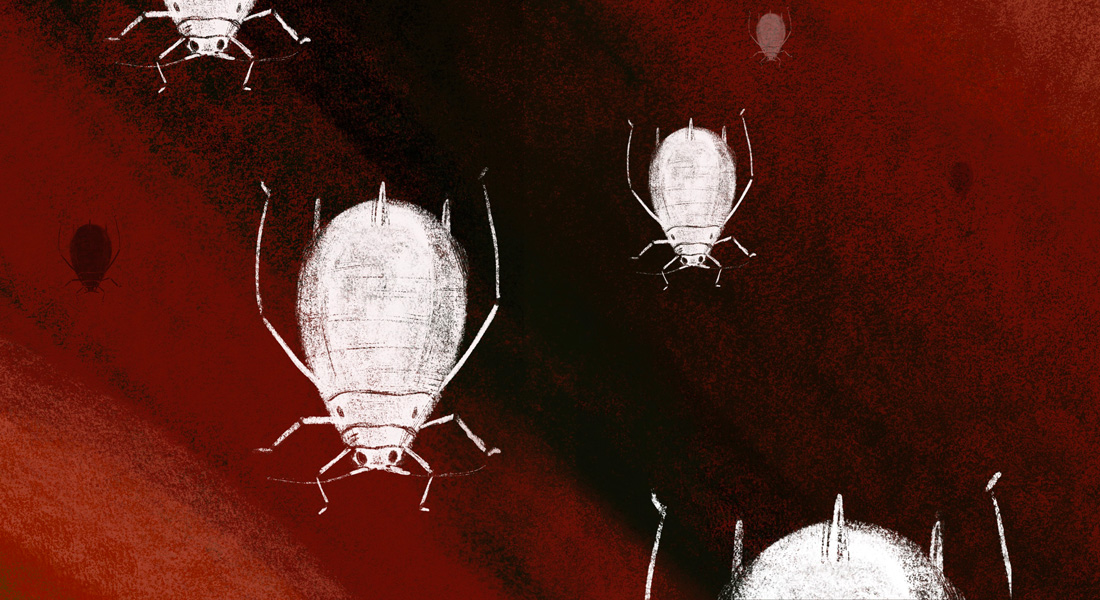
5 Danish apple trees threatened by new aphid
An apple-eating aphid, also known as a greenfly, from the Far East is a threat to Danish fruit trees and can make life miserable for apple growers in the future. But more biodiversity and natural enemies such as ladybirds and spiders can keep down the population of the unwanted guest. The future will show what impact the new aphid will have on Danish apple production.
Lene Sigsgaard, associate professor at the Department of Plant and Environmental Sciences, researches natural enemies and pest control in apples, among other things, and has discovered this aphid in Denmark.
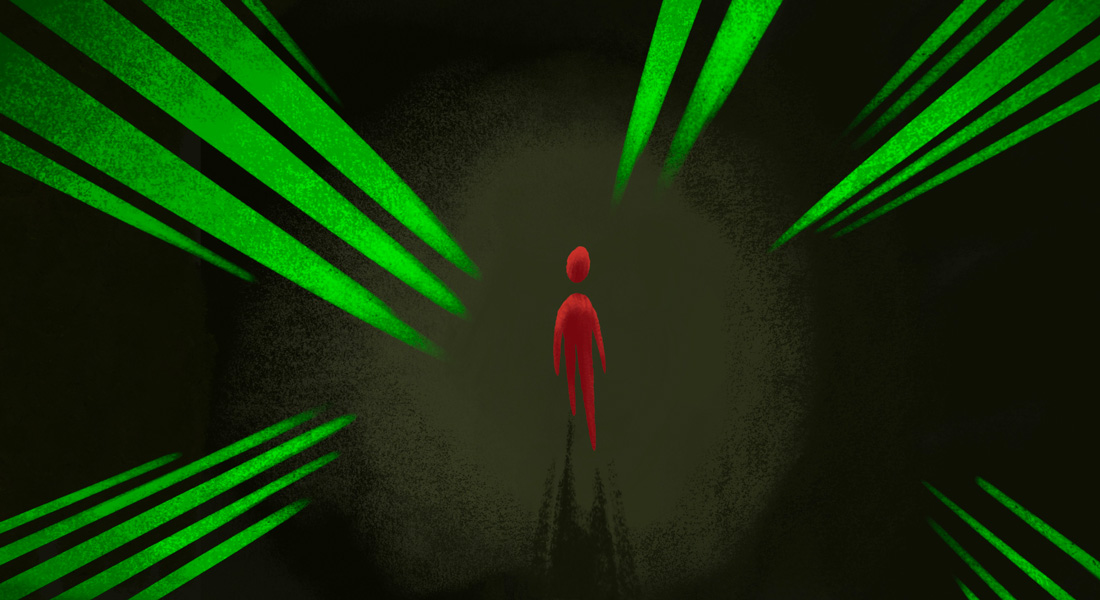
6 Cyber attacks put pressure on international law
Espionage, misinformation and attacks on computer systems across nations are becoming more common. But there are no clear rules for how to respond to cyber attacks. This is because there is uncertainty across nations globally about how the rules of international law should be transferred from the analogue world to the digital world.
Astrid Kjeldgaard-Pedersen, professor with special responsibilities (MSO) at the Centre of Excellence for International Courts, has been involved in writing a new report that suggests that Denmark currently has a special opportunity to influence legal developments in the field.
Read the full story (in Danish only)
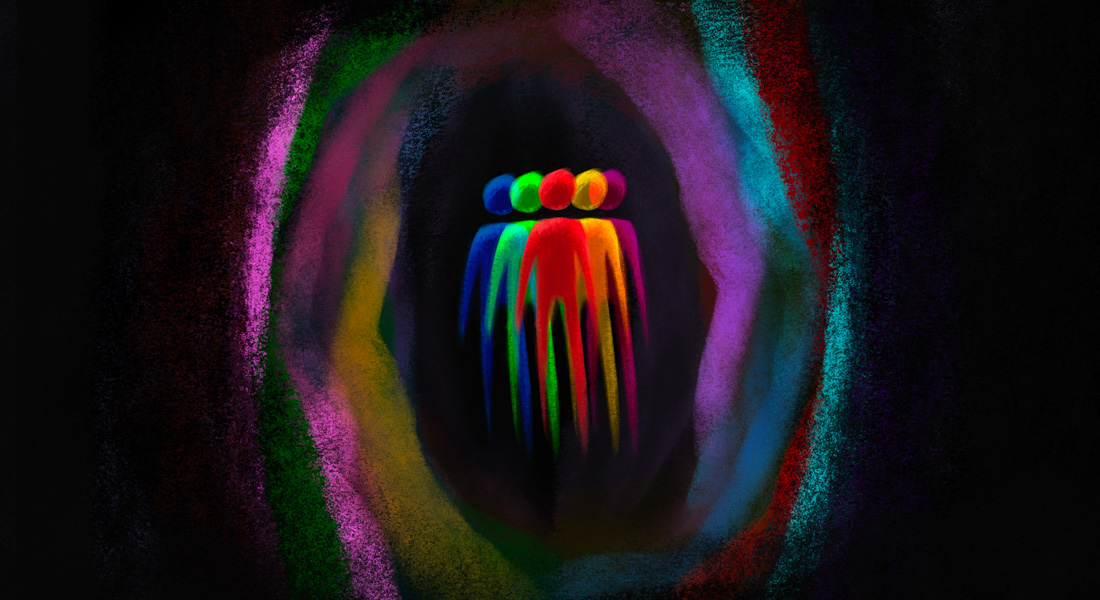
7 Difficult to return to work after a concussion
Even though most people recover quickly after a concussion, many suffer long-term after effects. A study shows that almost 40 percent of the 25,000 people in Denmark who each year suffer a concussion find it difficult to do their job when they return to work. The study suggests that there is a need for general practitioners in Danish municipalities and for employers to take action in order to make it easier to go back to work.
Hana Malá Rytter, associate professor at the Department of Psychology, is one of the researchers behind the study that has examined how people affected by concussion have perceived what it was like to return to work.
Read the full story (in Danish only)
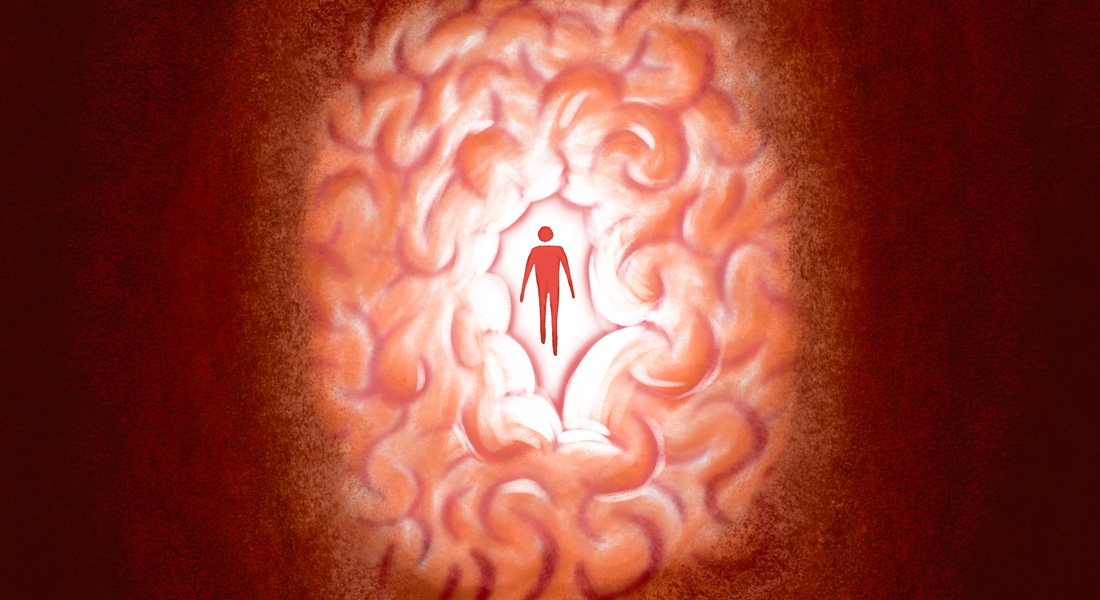
8 Unique insight into the development of the human brain: Researchers produce a model of the early embryonic brain
We know a lot about the human brain, but very little about how it is formed. Particularly the period from the second to the seventh week of the embryonic stage has, until now, nearly been terra incognita to brain scientists. But now, a newly produced model of an embryo brain aims to make us understand the development of the brain better. The research will accelerate the development of stem cell treatment for brain diseases such as Parkinson’s, epilepsy and dementia.
Agnete Kirkeby, associate professor at the Department of Neuroscience, has been the principle scientist behind the study and been involved in constructing a model of an early embryonic brain.


